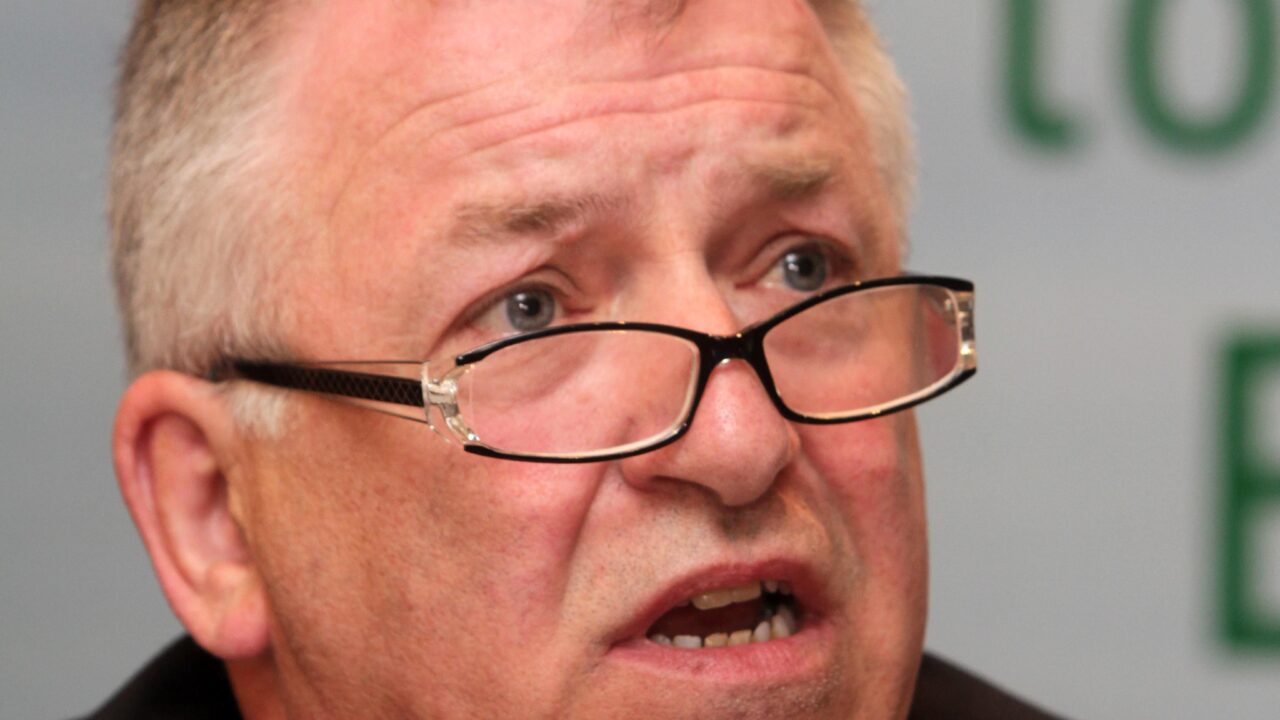Teagasc will strengthen its research commitment to the sheep sector, according to the organisation’s director Professor Gerry Boyle.
Speaking at the Teagasc annual sheep conference in Trim he expressed his dismay at what he termed ‘inaccurate media speculation’ regarding the plans now in place at Teagasc Athenry.
“There is absolutely no dilution in our commitment to the ongoing sheep research taking place at Athenry,” he said.
“In fact, our priority is to appoint additional members to the sheep existing research team, once the current public sector employment embargo has been removed.
“Given that most sheep farmers also keep cattle, it was felt that the establishment of a commercial calf to beef enterprise would add to the relevance of the work carried out at Athenry.”
Boyle also pointed out that the sheep industry will provide significant opportunities for future growth.
“Prices within the sector are strong at the present time,” he said.
“I have just returned from a visit to New Zealand. It was evident that a combination of the current drought and the ongoing shift by farmers from sheep into dairy will reduce lamb output in that country, both in the short and medium term. This is further good news for the Irish sheep industry.
“Looking to the future, there is significant potential for farmers to generate improved incomes from sheep. And Teagasc research is identifying the ways by which this can be achieved.
“By far the main driver in this regard will be the implementation of improved grassland management techniques. And underpinning all of this will be a strategic commitment to regular soil testing on the part of every farmer.”
Boyle also highlighted the need for sheep farmers to access bloodlines with superior genotypes.
“Teagasc has recognised this need. Recent importations of high genetic merit sheep from New Zealand, across a range of breeds, are forming the basis of an elite breeding programme at Athenry. Further importations will follow later this year,” he said.
